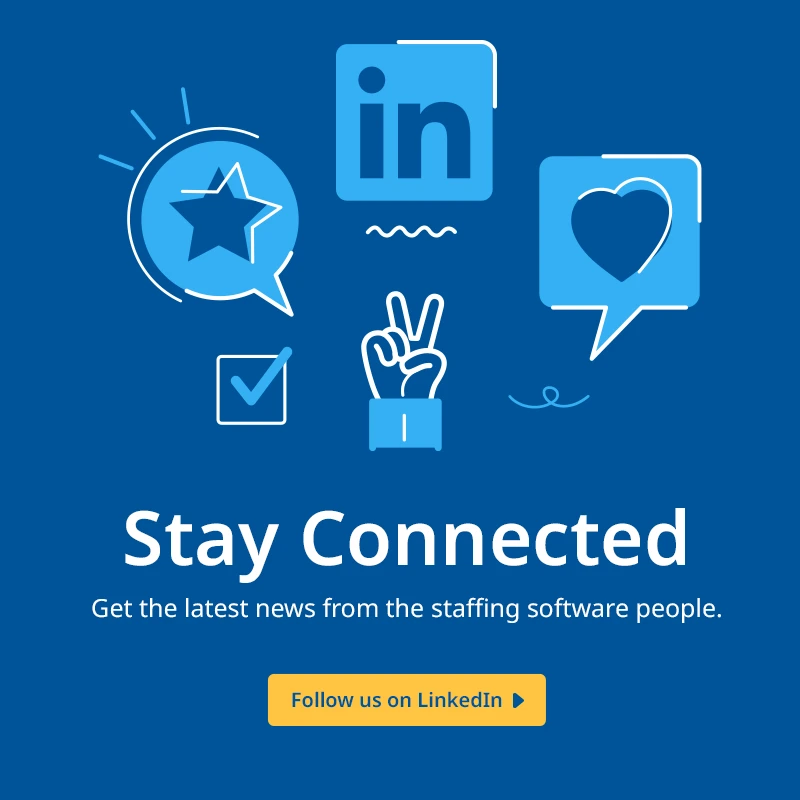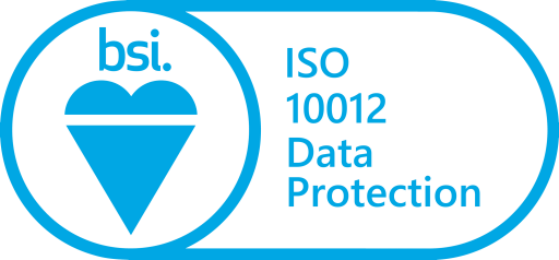Recruitment marketing is the process of attracting, engaging, nurturing, and retaining potential talent through marketing strategies by creating a strong employer brand and by promoting an employee value proposition (EVP). It is about creating an engaging candidate experience throughout the recruitment funnel to interact with passive as well as active candidates. With 75% of the candidate pool being passive, a recruitment marketing tool is critical to reach the majority of candidates and hopefully convert them into employees.
Why Do You Need Recruitment Marketing?
In marketing, companies build a brand for themselves, create amazing stories, and reach out to customers through various channels. Similarly, organizations can opt to internalize marketing strategies into recruitment strategies to attract candidates and make the organization future-ready. This helps bring more candidates directly to your company, as they will look to your brand when seeking job opportunities, which augments your company’s recruitment efforts.
- Employer Branding. It is very unlikely that a candidate will accept a job offer from a company with a bad reputation. Employer branding is how you build a positive perception among job seekers and create a name for your company as an employer. Organizations create a large amount of content through blogs, videos, employee testimonials, social media posts, and stories to showcase their employee value proposition, inclusivity, and company culture.
- Reaching Passive Candidates. A passive candidate is someone who is not actively seeking a new job, but who might be a perfect fit for your company in the future. As a large number of candidates are not looking for new opportunities, it is a challenge for hiring teams to gain the attention of these candidates. You have to attract such candidates through your social media presence and proactive sourcing to motivate them. Some best practices to engage with passive candidates include:
- Send automated emails (newsletters, blog posts, events information)
- Share new job opportunities
- Create a consistent and relevant content calendar for candidate outreach
- Build a robust feedback process for candidates
- Candidate Experience. Everyone has access to social media. To reach Gen Z, you have to create a positive candidate experience by offering an excellent user experience during the application process. Delivering a positive candidate experience starts with a job posting that is inclusive and states all the perks and benefits the company has to offer. A lot of applicants drop out in the middle of applying for a job if the process is lengthy, involves a lot of steps, or the website is slow. Making a candidate’s first experience positive ensures a successful end-to-end recruitment cycle.
Recruitment marketing involves publishing job openings and marketing them on multiple channels such as:
- Job Boards
- Social Media
- Career Sites
- Employee Referrals
- Career Drives
- Campus Placements
Do You Need Software for Recruitment Marketing?
Each level of the recruitment funnel includes carefully chosen interaction touchpoints. Employer branding includes maintaining a career site, paid job ads, social media postings, employee referral programs, etc. Once the candidates are shortlisted, the screening process begins and includes interviews, assessments, and gamified personality tests. This is followed by onboarding the candidate into the system, at which point employee retention efforts begin. Recruitment marketing tools allow recruiters to manage all this data in a single platform. Tools like applicant tracking systems (ATS) and recruitment CRMs help companies automate the recruitment cycle, creating significant cost savings. Without proper recruitment marketing tools, it is almost impossible to scale in today’s competitive world.
Harness the Power of AI: Ceipal
Without automation, companies are forced to visit multiple job boards, social media sites, and career pages to publish jobs. This is a bad use of a recruiter’s time that negatively impacts business outcomes. Recruitment marketing tools that align with your business goals allow you to automate the major portion of the recruiter’s activities such as mass emails, automated interview scheduling, and candidate pipeline management to give hiring managers 360-degree visibility across the entire process. The status of each candidate can be tracked within the system. Workflow automation and a recruitment marketing strategy is key to scaling your hiring business.







